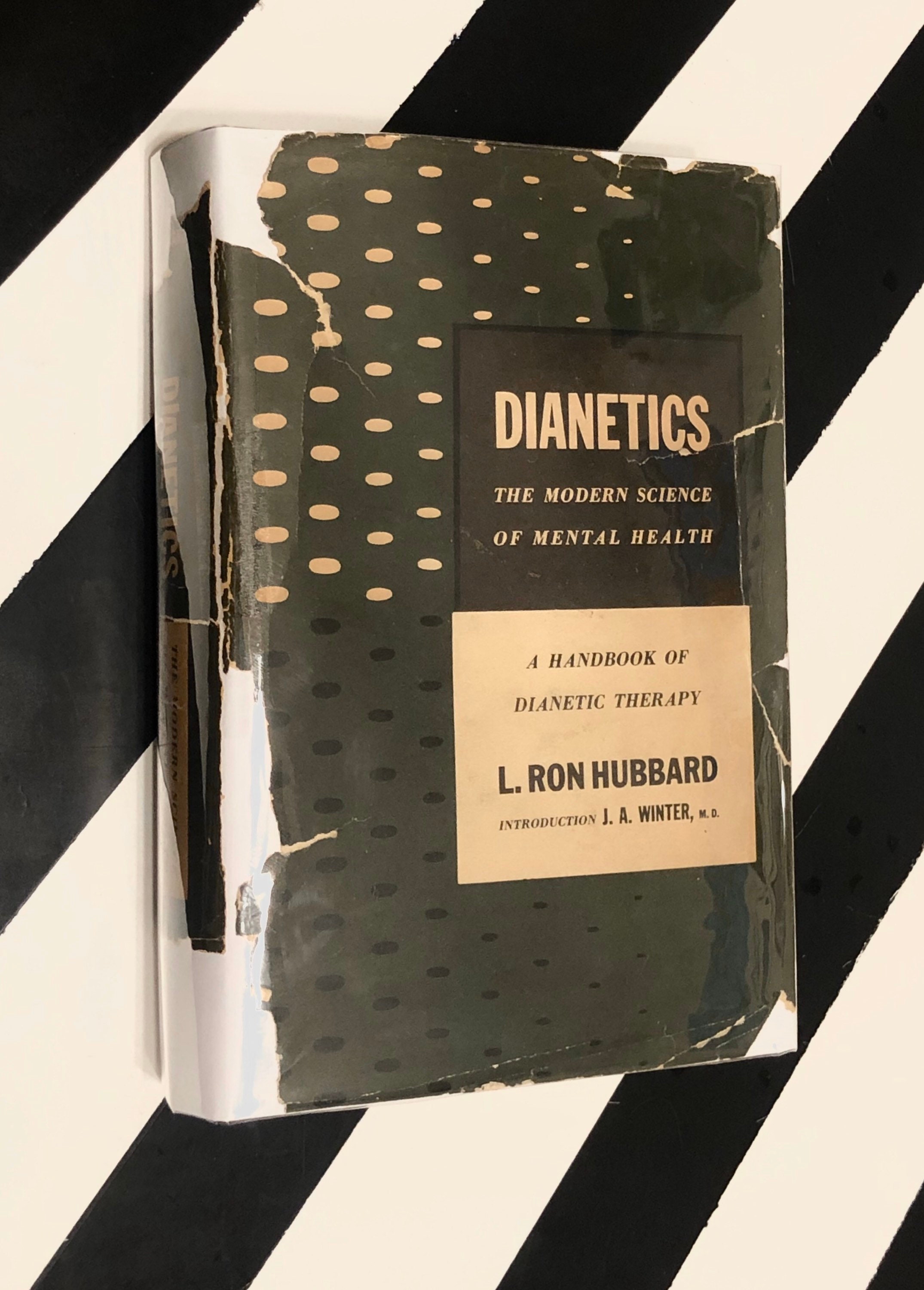What Does Dianetics Mean?
What Does Dianetics Mean?
Blog Article
The Best Guide To Dianetics
Table of ContentsSee This Report on DianeticsWhat Does Dianetics Do?Top Guidelines Of DianeticsNot known Incorrect Statements About Dianetics
I couldn't ever not desire to get anything that comes to mind for you- if it was or else, I would not be sitting right here with you, doing this. I not just can never have a trouble, or not wish to listen to something that enters your mind for you, yet I'm totally eager to recognize every concept, every thought, every picture or feeling that emerges or manifests for you- don't ever before believe otherwise, and if somehow you do, please just let me understand! Sometimes, you might have an idea, and image, idea or occurrence turn up that does not seem to respond to the inquiry, or associate with it, but nevertheless, always do tell me regarding it, and as we continue, the importance will arise for you.This is integral in the basis of handling, and the subject of this conversation: the fundamental duties of the counselor and the customer: The standard role of the therapist is, as opposed to "standard training", not to control, which implies to impose and/or inhibit, but to instead work from the basis of EMPOWERING THE CLIENT.

Get This Report on Dianetics
John Mcmasters shared this basic truth incredibly well in one of his lectures on Power handling, in which he clarifies how he was asked what this "special knack" was that he had for providing such great sessions; he had to consider that for a moment, and found that it was what he wasn't doing, along with what he was doing: he had not been evaluating, judging, computer, or in fact, generating any ideas, not to mention spoken expressions, after providing the command and while waiting for the computer to finish their solution to their contentment; he was, just and only, being existing with the PC, and totally interested.
The role of the therapist, showed; that was his "special propensity". I have actually had my own experience which taught me this well, very early in the video game. In 1982, having actually just recently completed my training and teaching fellowship on New Period Dianetics, I was running this on a COMPUTER, and there was a point in the session where (being a bit damp behind the ears not yet having lots of hours under my belt as a professional auditor) the PC seemed to be "taking as well lengthy" to express anything verbally after I provided him a command.
This secret became the most useful contribution that John ever before made to the topic of treatment or auditing (Dianetics). In my modest viewpoint, it is the best payment that any person has actually ever before made to these subjectsthe application is totally non-judgemental, non-evaluative, and lacking any recommendation, advice or opinion.no preconditioned schedule for people, or 'degrees' that they must do
In Idenics, the only resource of details regarding a client is the specific client. In Scientology we prided ourselves on not examining for individuals. All that truly meant was that the auditor did not VERBALLY review for the PC in session. The registrars and values policemans evaluated for the PC.
Some Of Dianetics

Any person who had ever seen John audit could not help but see an unique top quality in his bookkeeping."The customer's standard duty is to be there with the purpose of relocating in the instructions of their spiritual goals, and to easily and fully share and experience whatever shows up for them in addressing the inquiries and carrying out the directions in the processing.
This is something to procedure as go to this site needed. Yet also, individuals frequently have previous experience and/or brainwashing in auditing/processing which, somehow, and to some degrees, in fact misinforms them right into mindsets, ideas and behavior patterns that prevent the complete awareness of these roles, therefore they will certainly tend to inhibit the expressing of what comes to mind, as in the examples Click This Link given over. * The very first, and probably primary examples of mis-indoctrination resulting in less than completely smooth and reliable sessions, can be discovered in certain facets of the training routines, or "TR's":"TR's" are typically a person's initial, or at the very least early, experience in Scientology, and while I will certainly go on to explain what I see as the imperfections in concept and technique, nevertheless, tend to be greatly restorative, done as they are offered (Hubbard urges that "TR's are not refining, they are training", however factually, they are both handling AND training)
There is no "failing", and no denial of the fact of this being handling. The emphasis, as it must be, is on experiencing the other individual's existence.
Getting My Dianetics To Work

Report this page